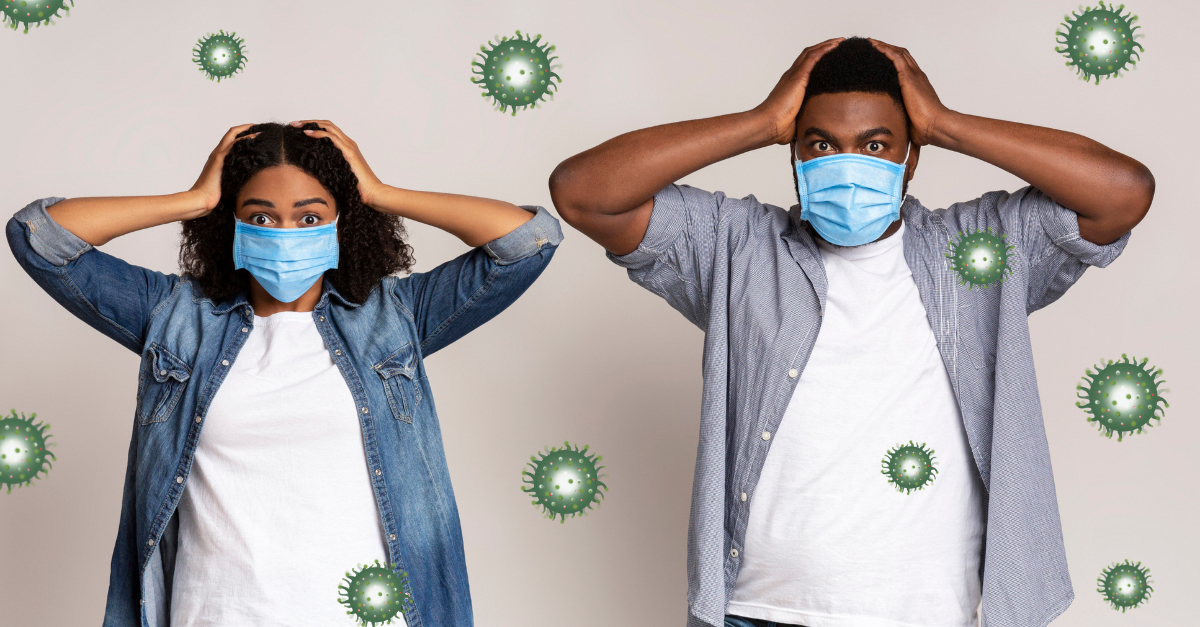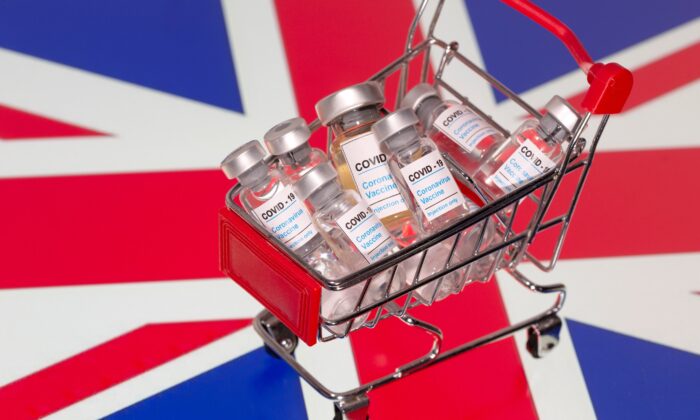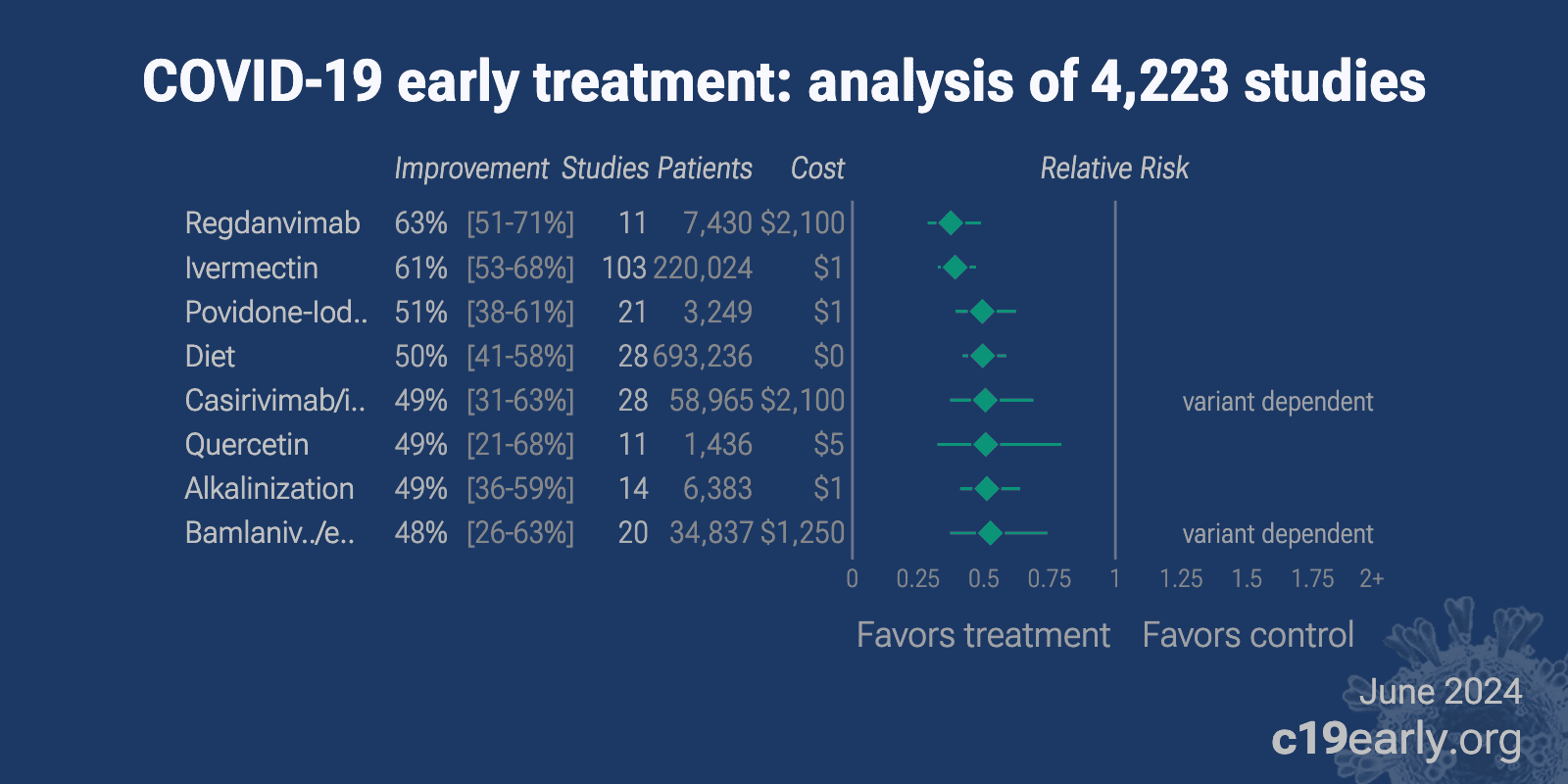- Joined
- Jan 25, 2012
- Messages
- 11,689
- Reaction score
- 2,604
- Points
- 113
- Location
- Ottawa, Ontario, Canada
Go ahead and start one, then.LOL. A courtesy would be a covid forum with an objective description.
Go ahead and start one, then.LOL. A courtesy would be a covid forum with an objective description.
And...? Do you need me to delete it for you?Just a note to say this post doesn't conform to the OP, as it cites a bona fide news source of unimpeachable integrity.
Exactly. The very tier that was at risk of hospitalization to begin with.
A randomized, double-blind, placebo-controlled trial from Skipper and colleagues was conducted in 423 outpatients (not in the hospital) with early COVID-19. It was published in the Annals of Internal Medicine in July 2020.Like HCQ and Ivermectin, only with more serious side-effects.



"Multiple studies provide data that hydroxychloroquine (brand name: Plaquenil) does not provide a medical benefit for hospitalized patients with COVID-19."A randomized, double-blind, placebo-controlled trial from Skipper and colleagues was conducted in 423 outpatients (not in the hospital) with early COVID-19. It was published in the Annals of Internal Medicine in July 2020.
- Patients received oral hydroxychloroquine (800 mg once, followed by 600 mg in 6 to 8 hours, then 600 mg daily for 4 more days) or a placebo (inactive treatment).
- Researchers found that over a 14 day period a change in symptom severity and the percent of patients with ongoing symptoms did not differ significantly between groups, signaling no effect from the hydroxychloroquine treatment.
- However, side effects were significantly greater in the group receiving hydroxychloroquine compared to placebo (43% hydroxychloroquine versus 22% placebo (P < 0.001). Rates of hospitalizations and deaths did not differ significantly.
Randomized, double blind studies have been pretty consistent on HCQ. There are other drugs that show some benefit once exposed.

An Update: Is hydroxychloroquine effective for COVID-19?
Official answer: Multiple studies provide data that hydroxychloroquine (brand name: Plaquenil) does not provide a medical benefit for...www.drugs.com
Soitainly. Give me admin status and I'll plop it right between the fighting and fellowship forums.Go ahead and start one, then.
Hee hee hee hee hee.And...? Do you need me to delete it for you?
Did you miss the part in the quoted study where it said "early COVID" and "not in the hospital"?"Multiple studies provide data that hydroxychloroquine (brand name: Plaquenil) does not provide a medical benefit for hospitalized patients with COVID-19."
That's right. It's got to be administered early. Once they're hospitalized it's too late.
Great, you just gave 'em another conspiracy. Your gonna be responsible for the next half dozen Lew Rockwell blogs linked here.Cue the Twilight Zone theme…

Is the COVID-19 Vaccine the Mark of the Beast?
Read Is the COVID-19 Vaccine the Mark of the Beast? by iBelieve.com Writer. Christian women faith articles, encouragement, growth.www.ibelieve.com
Yes, the vaccine is less effective on those with compromised immune systems. I think you are about the only one surprised by this information. If I had a condition that would likely make COVID a death sentence for me, even if the vaccine was 90% effective for me, I would still avoid being trapped in a space with 2,000 other people for a week.CDC recommends that those who were at high risk of harm from covid exposure before a vaccine was available continue to hunker in a bunker regardless of vax status.
Everyone not vaxed, regardless of risk and immunity, should hunker too.
'The agency recommends that people who are at increased risk of severe illness should avoid traveling on cruises, regardless of vaccination status, as should those who are not fully vaccinated.
'“Older adults and people of any age with certain underlying medical conditions are more likely to get severely ill if they get COVID-19,” the agency said in the guidelines. “People with weakened immune systems, including people who take medicines that suppress their immune systems, may not be protected even if fully vaccinated.”'
The point is, that prior to the jab, those with comorbidities and other health issues were at any real risk of harm from exposure anyway.Yes, the vaccine is less effective on those with compromised immune systems. I think you are about the only one surprised by this information. If I had a condition that would likely make COVID a death sentence for me, even if the vaccine was 90% effective for me, I would still avoid being trapped in a space with 2,000 other people for a week.
I pretty much dismissed the whole thing because of the glut of evidence to the contrary. Here's one that came out the same time:Did you miss the part in the quoted study where it said "early COVID" and "not in the hospital"?

 www.sciencedirect.com
www.sciencedirect.com

The first journal article you linked to was originally published online on in August of 2020 (https://www.amjmed.com/article/S0002-9343(20)30673-2/fulltext). HDQ did look like it may be useful prior to the randomized studies that took place after this article. Some key takeaways from the the article you posted:I pretty much dismissed the whole thing because of the glut of evidence to the contrary. Here's one that came out the same time:

Pathophysiological Basis and Rationale for Early Outpatient Treatment of SARS-CoV-2 (COVID-19) Infection
Approximately 9 months of the severe acute respiratory syndrome coronavius-2 (SARS-CoV-2 [COVID-19]) spreading across the globe has led to widespread …www.sciencedirect.com
Here's one from just a few months prior:

Hydroxychloroquine is effective, and consistently so when provided early, for COVID-19: a systematic review - PubMed
Hydroxychloroquine (HCQ) has shown efficacy against coronavirus disease 2019 (COVID-19) in some but not all studies. We hypothesized that a systematic review would show HCQ to be effective against COVID-19, more effective when provided earlier, not associated with worsening disease and safe. We...pubmed.ncbi.nlm.nih.gov
I could do this all day. (Well, not really. I have to go to work shortly.)
I’m sure Kanye is one of those obscure people the Twisted has never heard of…LOL.
Kanye West, Genius.
*sigh*The first journal article you linked to was originally published online on in August of 2020 (https://www.amjmed.com/article/S0002-9343(20)30673-2/fulltext). HDQ did look like it may be useful prior to the randomized studies that took place after this article. Some key takeaways from the the article you posted:
"Future randomized trials will undoubtedly refine and clarify ambulatory treatment, however we emphasize the immediate need for management guidance in the current crisis of widespread hospital resource consumption, morbidity, and mortality."
"If clinical trials are not feasible or will not deliver timely guidance to clinicians or patients, then other scientific information bearing on medication efficacy and safety needs to be examined."
"Future randomized trials will undoubtedly refine and clarify ambulatory treatment, however we emphasize the immediate need for management guidance in the current crisis of widespread hospital resource consumption, morbidity, and mortality."
There were actually about a dozen medications mentioned in the article-some of which I've never heard of in relation to COVID. This seems like they were trying to find everything that might work in the early days of COVID when people were looking for any solution that could fight COVID.



卐auci
